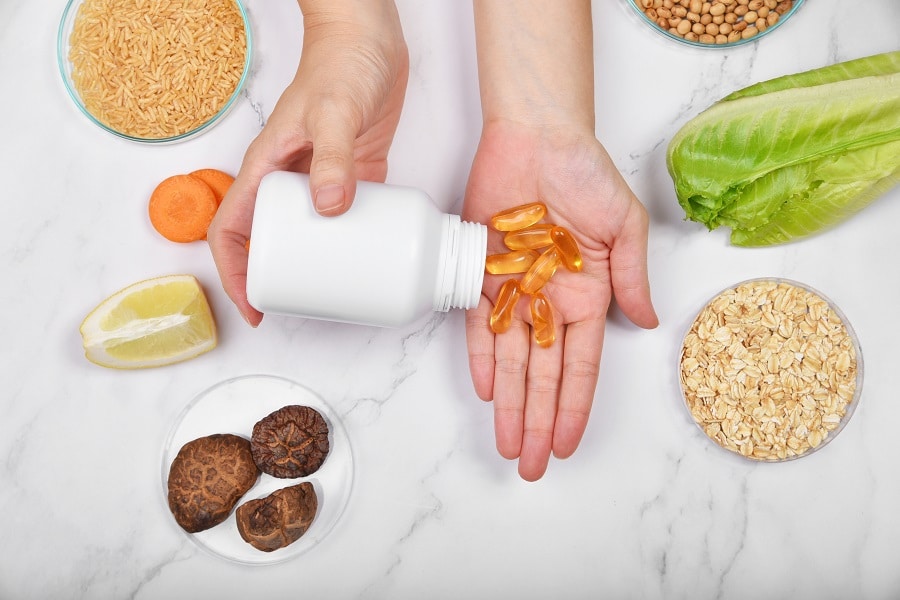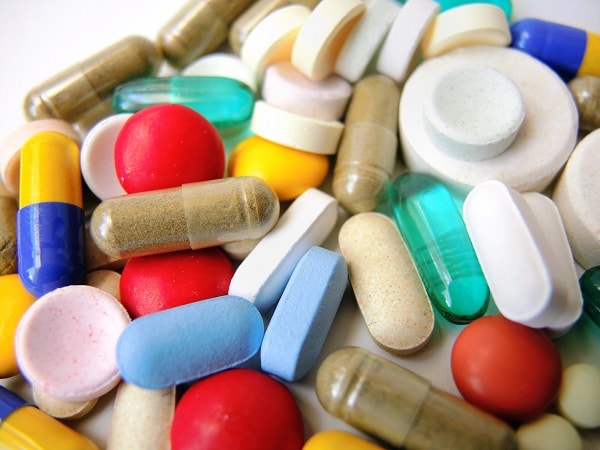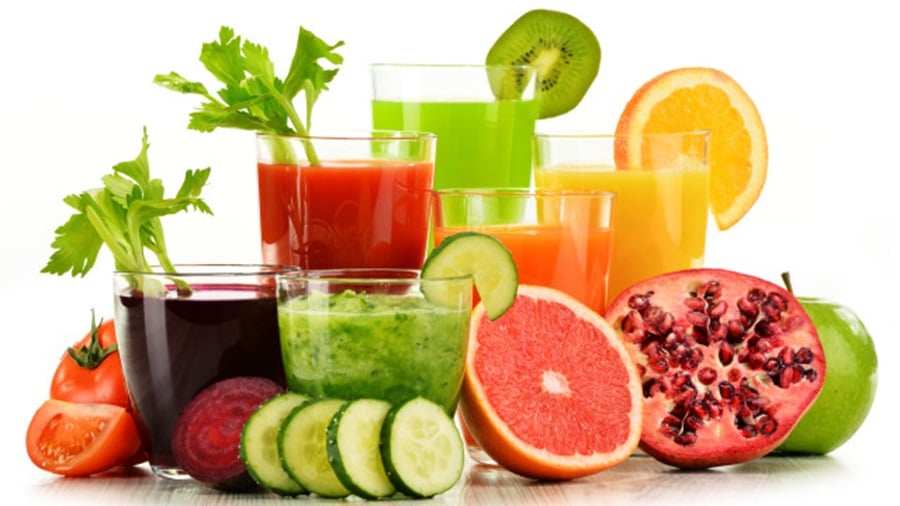Like most people, you probably don’t think about mineral supplements until something goes wrong. Suddenly, you’re dealing with anemia or a magnesium deficiency, and you have to race off to the store to buy whatever supplement your doctor recommends. But what if taking a few key mineral supplements every day could help prevent problems like this from happening in the first place? This article will discuss the top mineral supplements that everyone should be taking!
Calcium

Calcium is one of the essential minerals for your body, and it’s necessary for keeping your bones and teeth healthy. The recommended daily intake for adults is 1000-1200 mg per day, and many people don’t get enough calcium from their diet alone. This is why it’s a good idea to take a calcium supplement every day. Some of the best sources of calcium include dairy products, leafy green vegetables, and nuts.
Phosphorus

Phosphorus is another vital mineral for bone health, and it also plays a role in cell metabolism. The recommended daily intake for adults is 700 mg per day. Good sources of phosphorus include dairy products, meat, poultry, fish, and nuts. However, if you’re on a low-protein or low-carb diet, you may need a phosphorus supplement.
Selenium

Selenium is a trace mineral that’s important for many different functions in the body, including thyroid health and immune function. The recommended daily intake for adults is 55 micrograms, and many people don’t get enough selenium from their diet alone. It’s a good idea to take a selenium supplement every day. Some of the best sources of selenium include Brazil nuts, tuna, and chicken.
Iodine

Iodine is another mineral that’s essential for your health. It helps regulate the thyroid gland, and a deficiency can lead to problems like hypothyroidism. The recommended daily iodine intake is 150 mcg per day, but many people don’t get enough from their diet. Iodine is in seafood, dairy products, and iodized salt, so if you’re not eating any of these things regularly, it might be a good idea to take an iodine supplement.
Iron

Iron is another mineral that is essential for your health. It helps keep your red blood cells healthy and carries oxygen throughout your body. Some good sources of iron include red meat, poultry, fish, leafy green vegetables, and dried fruits. The recommended daily intake for adults is 18 mg per day, but many people don’t get enough iron from their diet. If you think you might be low on iron, talk to your doctor about taking an iron supplement.
Magnesium

Magnesium is another mineral that is essential for your health. It helps keep your muscles and nerves functioning properly, and it’s also crucial for maintaining a healthy heartbeat. The recommended daily intake for adults is 310-320 mg per day, but many people don’t get enough magnesium from their diet. Some good sources of magnesium include legumes, nuts, whole grains, and dairy products. If you think you might be low on magnesium, talk to your doctor about taking a magnesium supplement.
Sulfur

Sulfur is another mineral that’s important for your health. It helps keep your skin and hair healthy, and it also plays a role in many different metabolic processes. Sulfur is in foods like eggs, legumes, meat, poultry, fish, and cruciferous vegetables. The recommended daily intake for adults is unknown, but it’s thought to be around 200 mg per day.
Zinc

Zinc is a mineral that is essential for your immune system. It helps your body fight off infections, and it’s also crucial for wound healing. The recommended daily intake for adults is 11-12 mg per day, but many people don’t get enough zinc from their diet. Some good sources of zinc include meat, poultry, shellfish, legumes, and nuts. If you think you might be low on zinc, talk to your doctor about taking a zinc supplement.
Potassium

Potassium is a mineral that is essential for your heart health. It helps keep your blood pressure under control and helps your body process sodium. The recommended daily intake for adults is 4700 mg per day, but many people don’t get enough potassium from their diet. Some good sources of potassium include fruits, vegetables, legumes, and dairy products. If you think you might be low on potassium, talk to your doctor about taking a potassium supplement.
Conclusion
These are just a few of the most critical mineral supplements everyone should take. If you think you might be deficient in these minerals, talk to your doctor about taking a supplement. And make sure to include plenty of these minerals in your diet by eating a variety of nutrient-rich foods!


